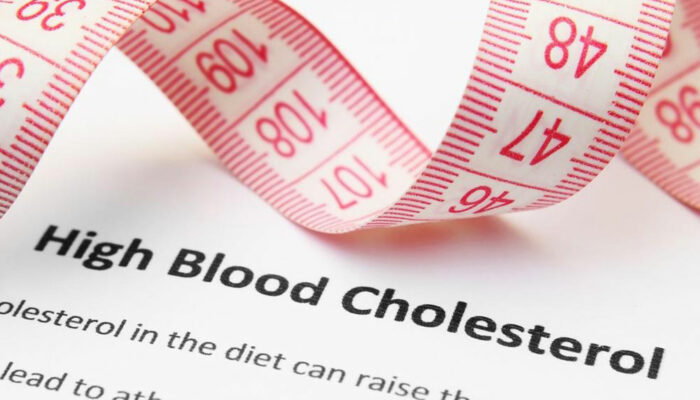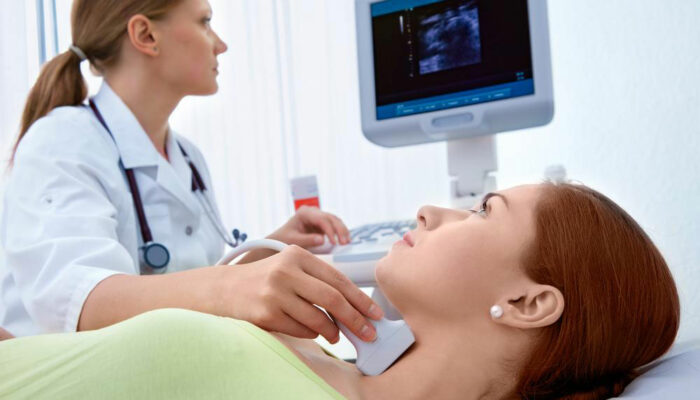
Best treatments for fertility problems in women
When it comes to infertility treatments, a lot depends on the various factors associated with women, like their age, the time span for which they have remained infertile, and even their personal preferences. Infertility in itself is a complex disorder and its treatments involve a considerable amount of physical, financial, psychological investment.
Treatments aimed at curing infertility can either help women get pregnant using complex techniques or try to restore fertility. So, let’s look at a few treatment options available to treat fertility problems in women.
Fertility Medication can Help Stimulate Ovulation and Restore Fertility
Most of the fertility medicines aim to stimulate or regulate ovulation. They are mainly used for women suffering from ovulation disorders that render them infertile.
Just like natural hormones, fertility medicines help in triggering ovulation through luteinizing hormone (LH) and follicle-stimulating hormone (FSH). This is also used for women who are trying to get extra eggs or enhance their egg’s health. Fertility medications include:
- Gonadotropins – This is an injectable medication that stimulates the ovary to produce more eggs.
- Clomiphene – This is an oral medication that directly impacts the pituitary gland so that it releases more hormones such as LH and FSH that are known to stimulate the growth of the ovarian follicle.
- Letrozole – This medication belongs to the group of medicines known as aromatase inhibitors. This works similarly as clomiphene.
Various Risks Associated with Fertility Medications:
- Ovarian Hyperstimulation Syndrome (OHSS) – There have been a few cases where injecting fertility medications have shown to cause Ovarian Hyperstimulation Syndrome (OHSS). The condition causes women to have painful and swollen ovaries.
- Some medicines may lead to ovarian tumors in the long run.
- Some medicines may lead to pregnancy with multiple fetuses at the same time. Although this may feel like good news, the problem is that the higher the number of fetuses, the higher is the risk of premature labor.
Restoring Fertility Through Surgery
There is a wide range of surgical treatment options available to cure fertility-related problems in women. However, these kinds of treatments are rarely used these days due to the huge success of non-invasive procedures. The various surgical options include:
Tubal Surgeries : This is a type of laparoscopic surgery that either creates a new tubal opening, dilates a tube or even removes adhesions in the fallopian tubes.
Hysteroscopic or Laparoscopic Surgery : The main objective of such surgeries is to fix or remove abnormalities so that women can get pregnant. The surgery might correct the uterine shape or remove endometrial polyps.
Reproductive Assistance
The most commonly used methods for reproductive assistance are:
Intrauterine Insemination (IUI): In this method, at the time of ovulation, millions of healthy sperms are injected carefully inside the uterus.
In-Vitro Fertilization (IVF): This involves artificially inseminating mature eggs from the woman and then placing them back in the uterus when fertile.
Fertility problems should not discourage you from dreaming about a family of your own. There are various treatment options available these days to help women who wish to become mothers, despite their short-comings.



